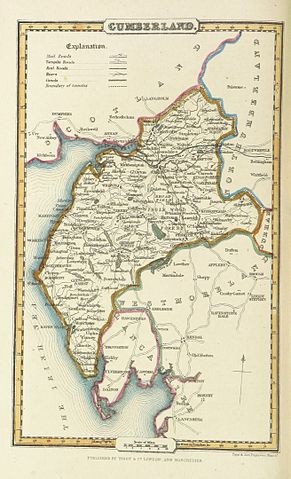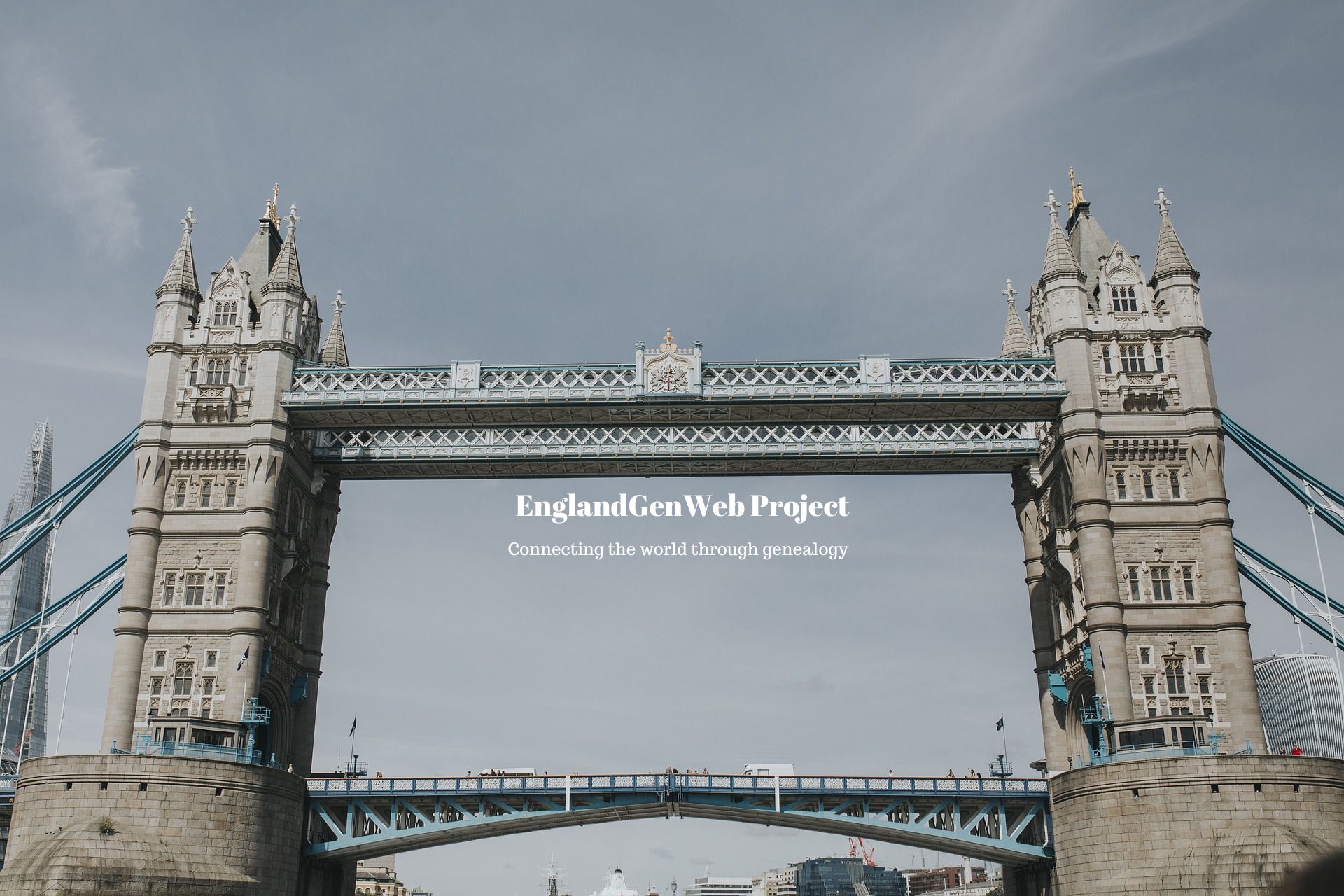Cumberland

Cumberland - A maritime county bounded on the west by the Irish Sea, on the east by the counties of Northumberland and Durham, on the south by those of Westmoreland and Lancashire, and on the north, it is separated from Scotland by the waters of the Solway, the Scot's Dyke and the river Liddal. At the time of the Norman conquest, Cumberland was so impoverished William the Conqueror remitted all its taxations.
The surface of this county is irregular, with rugged mountains and many beautiful valleys, as well as fine lakes, rivers, and extensive woodlands.
Mineralogical productions of this county are rich and varied and include lead, copper and iron ores, zinc, cobalt, and black lead. The lead mines are at Alston Moor, and copper mines are near Caldbeck, Hesket Newmarket, and Borrowdale and Newlands in the neighborhood of Keswick. At Crowgarth in the parish of Egremont is an iron mine unrivaled for productiveness in Great Britain. The famous black lead mines are situated at the head of Borrowdale in a place difficult to access.
The principal manufacturers of Cumberland are the spinning and manufacturing cotton into various fabrics and calico-printing. Coarse linens, checks, woolens, etc., are also produced in several towns, and Carlisle has long been famous for its ginghams. Several paper mills are established in different parts of the county. Earthenware is manufactured near Dearham, and near Workington are ironworks, which employ several hundred workers.
The county is divided into five wards, synonymous with the hundreds of other counties. They are Allerdale above Darwent, Allerdale below Darwent, Cumberland, Eskdale, and Leath. These contain one city (Carlisle), seventeen market towns, and one hundred and twelve parishes.
Queries and Surname Resource Pages
Submit and View Queries and Surnames Submit a Query or Surnames for your lost Cumberland England ancestor.
